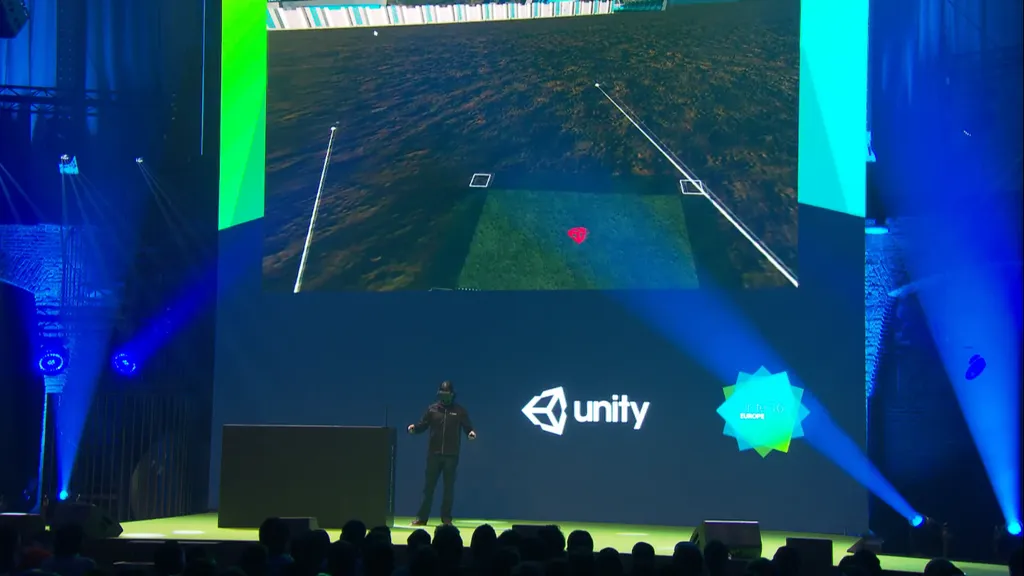As CEO of Unity Technologies, John Riccitiello leads one of the most important companies in VR’s future, but he doesn’t expect the industry to see “explosive growth” next year.
Riccitiello said as much during a Reddit Ask Me Anything session this week. One user asked the CEO about the “gap of disappointment”, a term he had coined back at the Vision Summit in February to describe enthusiasm around VR technology not necessarily reflecting early sales statistics, and how journalists might interpret that.
Asked if he thought this gap would increase or decrease in 2017, Riccitiello said that we was “convinced” that the future for both AR and VR headsets would be huge, but it would still take a few years for audiences to reach in the “10’s or 100’s of millions” of users. “2017 will be a growth year, but likely not explosive growth,” he said. “Watch for big / massive games in 3 to 5 years.”
Another user asked the CEO when he thought VR would be truly mainstream, to which he replied: “I think VR will be mainstream — meaning 100m consumers using the tech regularly — by 2020. And, i [sic] believe that within 10 years we will see > 1B consumers globally using VR apps.”
Despite the long-term prediction for mass VR adoption, Unity is making big moves in the industry already. While it continues to add headset compatiblity to its ever-popular development engine — the most recent being Google Daydream — last week saw Unity launch a free experimental build of Editor VR. Right now, it allows developers to edit and layer virtual scenes from inside VR using assets and tools like Tvori. Going forward, Unity has ambitions to let people make entire games within the system.
The result could be a VR engine that lets the millions of users Riccitiello predicts headsets will have in a few years just as easily make VR experiences as they can play them. What’s there right now is just a start; Unity has a lot of work to do in the next three or four years if it’s going to get there.


























